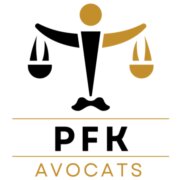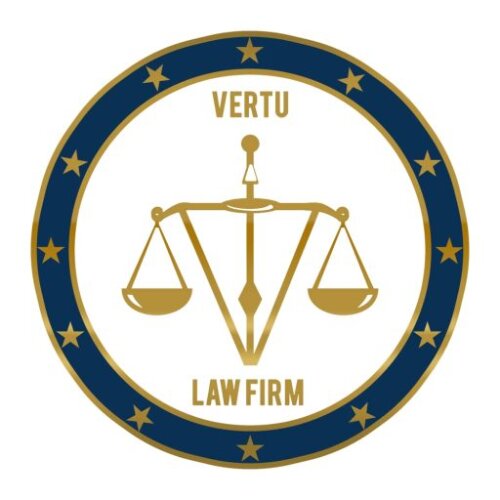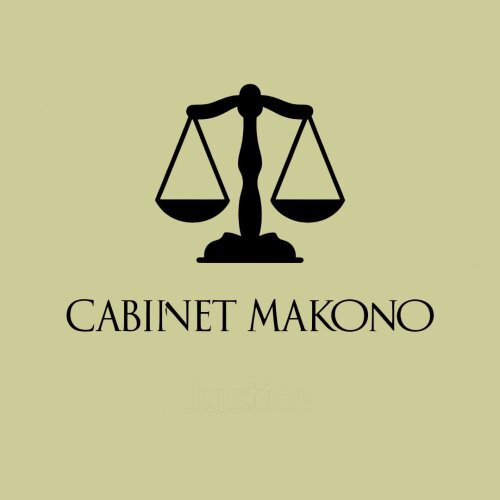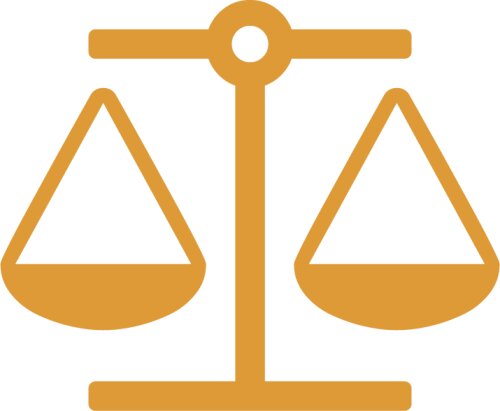Best Real Estate Lawyers in DR Congo
Share your needs with us, get contacted by law firms.
Free. Takes 2 min.
Free Guide to Hiring a Real Estate Lawyer
Or refine your search by selecting a city:
List of the best lawyers in DR Congo
About Real Estate Law in DR Congo
Real Estate in DR Congo is regulated by a set of laws and regulations that govern the purchase, sale, lease, and use of properties. The legal framework in the country aims to protect the rights of property owners and occupants while ensuring a fair and transparent real estate market.
Why You May Need a Lawyer
There are various situations where you may require legal assistance in the field of Real Estate in DR Congo. Some common reasons include disputes over property ownership, rental agreements, construction permits, land use regulations, and investment transactions. A lawyer can help you navigate these legal complexities and protect your interests.
Local Laws Overview
Key aspects of local laws relevant to Real Estate in DR Congo include the Land Code, which governs land ownership and use rights, the Urban Planning Code, which regulates construction and development projects, and the Civil Code, which outlines property rights and obligations. It's important to understand these laws to ensure compliance and avoid legal issues.
Frequently Asked Questions
1. What is the process for buying property in DR Congo?
The process involves signing a sales agreement, conducting a due diligence review, obtaining necessary permits, registering the property with the land registry, and paying the purchase price.
2. How can I resolve a dispute with my landlord or tenant?
You can seek legal advice to understand your rights and options for resolving the dispute through negotiation, mediation, or legal action in the court.
3. Are foreign investors allowed to buy property in DR Congo?
Yes, foreign investors can buy property in DR Congo, but they may need to comply with specific regulations and obtain approval from relevant authorities.
4. What are the key considerations when drafting a lease agreement?
Key considerations include the duration of the lease, rent payment terms, maintenance responsibilities, and dispute resolution mechanisms.
5. How can I verify the ownership of a property in DR Congo?
You can verify ownership by conducting a title search at the land registry office and reviewing relevant property documents.
6. Can I transfer my property to a family member?
Yes, you can transfer your property to a family member through a gift or sale agreement, subject to legal requirements and registration procedures.
7. What should I do if I receive a notice of eviction?
You should seek legal advice immediately to understand your rights and options for challenging the eviction notice through legal means.
8. How can I ensure compliance with building regulations in DR Congo?
You can hire a qualified architect or engineer to assist with obtaining construction permits, complying with zoning laws, and meeting building standards.
9. Can I invest in real estate development projects in DR Congo?
Yes, you can invest in real estate development projects, but you may need to partner with local developers and comply with investment laws and regulations.
10. What are the tax implications of owning property in DR Congo?
Owning property in DR Congo may subject you to property taxes, rental income taxes, and capital gains taxes, so it's important to consult with a tax advisor for guidance on tax compliance.
Additional Resources
For more information on Real Estate in DR Congo, you can refer to the Ministry of Land Affairs and Urban Development, the National Real Estate Agency, and local legal associations for guidance and support.
Next Steps
If you require legal assistance in Real Estate in DR Congo, it's advisable to consult with a knowledgeable lawyer who specializes in real estate law. They can provide you with tailored advice, represent your interests in legal proceedings, and help you navigate the complexities of the real estate market in the country.
Lawzana helps you find the best lawyers and law firms in DR Congo through a curated and pre-screened list of qualified legal professionals. Our platform offers rankings and detailed profiles of attorneys and law firms, allowing you to compare based on practice areas, including Real Estate, experience, and client feedback.
Each profile includes a description of the firm's areas of practice, client reviews, team members and partners, year of establishment, spoken languages, office locations, contact information, social media presence, and any published articles or resources. Most firms on our platform speak English and are experienced in both local and international legal matters.
Get a quote from top-rated law firms in DR Congo — quickly, securely, and without unnecessary hassle.
Disclaimer:
The information provided on this page is for general informational purposes only and does not constitute legal advice. While we strive to ensure the accuracy and relevance of the content, legal information may change over time, and interpretations of the law can vary. You should always consult with a qualified legal professional for advice specific to your situation.
We disclaim all liability for actions taken or not taken based on the content of this page. If you believe any information is incorrect or outdated, please contact us, and we will review and update it where appropriate.
Browse real estate law firms by service in DR Congo
DR Congo Attorneys in related practice areas.
Browse real estate law firms by city in DR Congo
Refine your search by selecting a city.
















